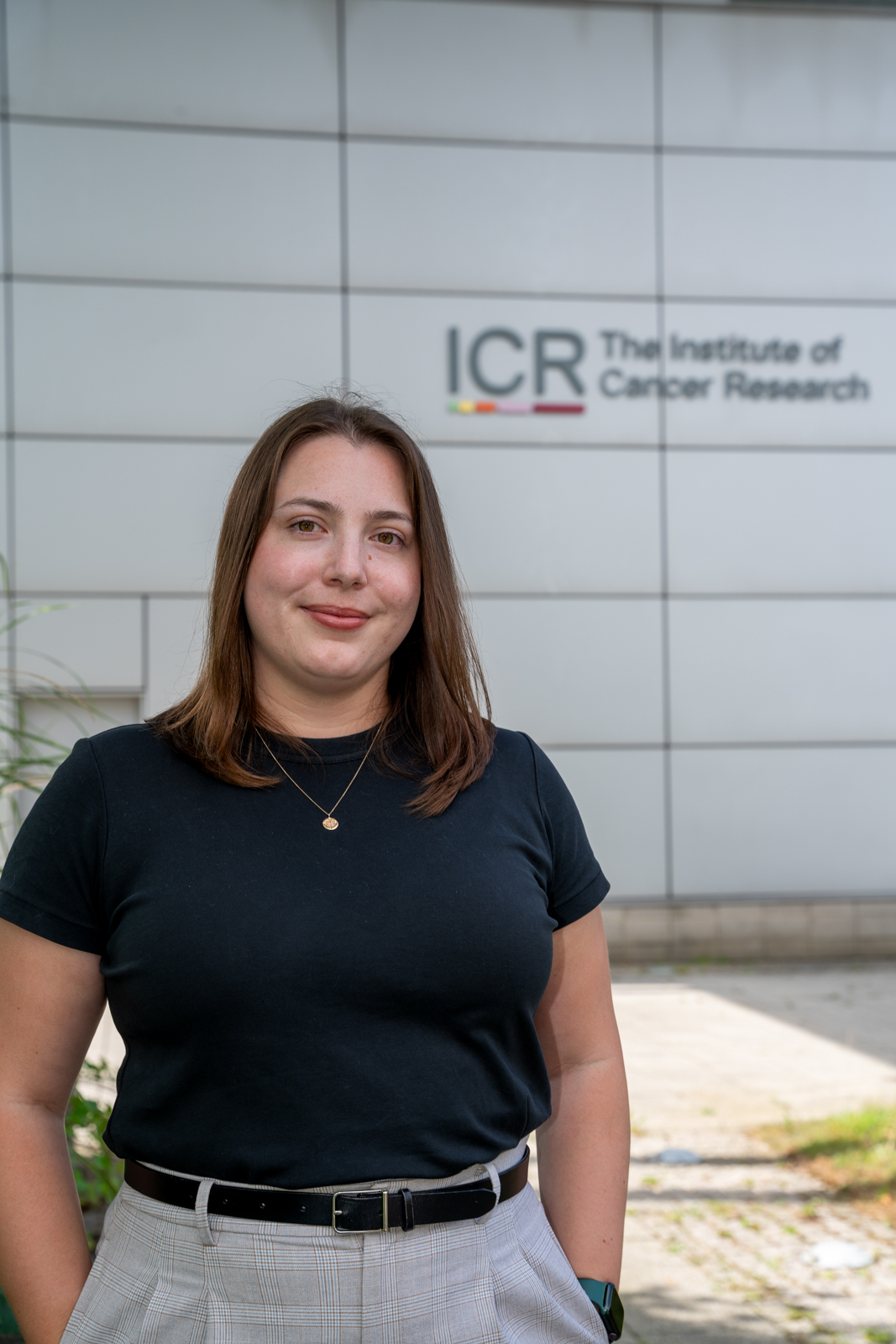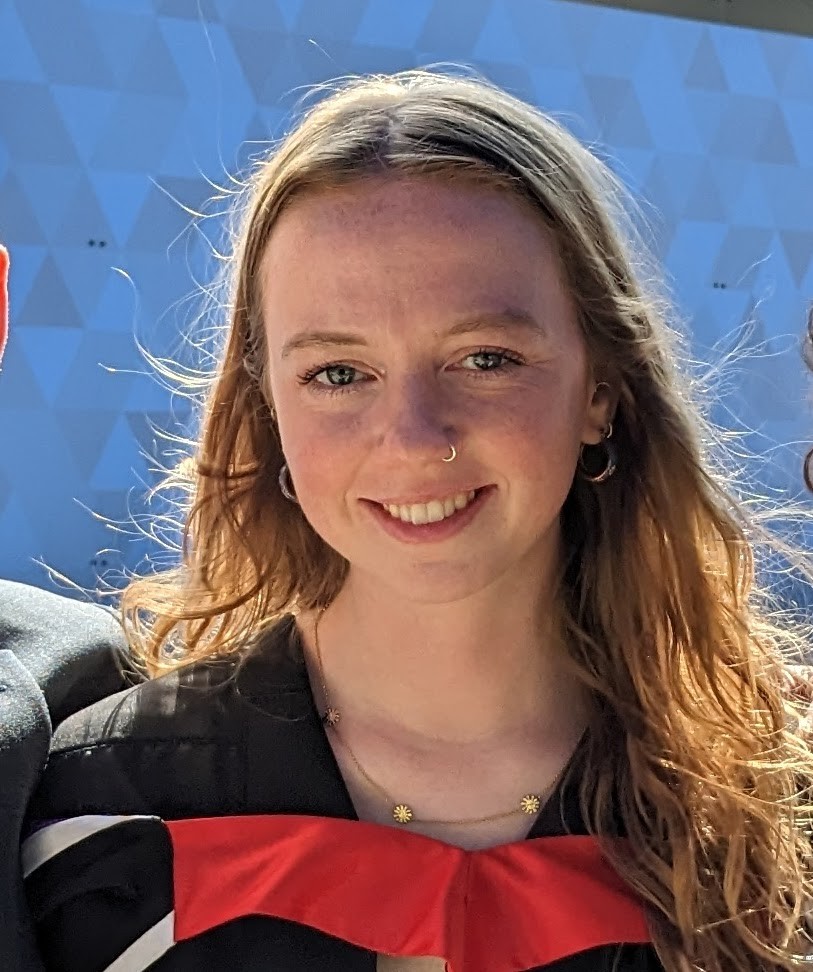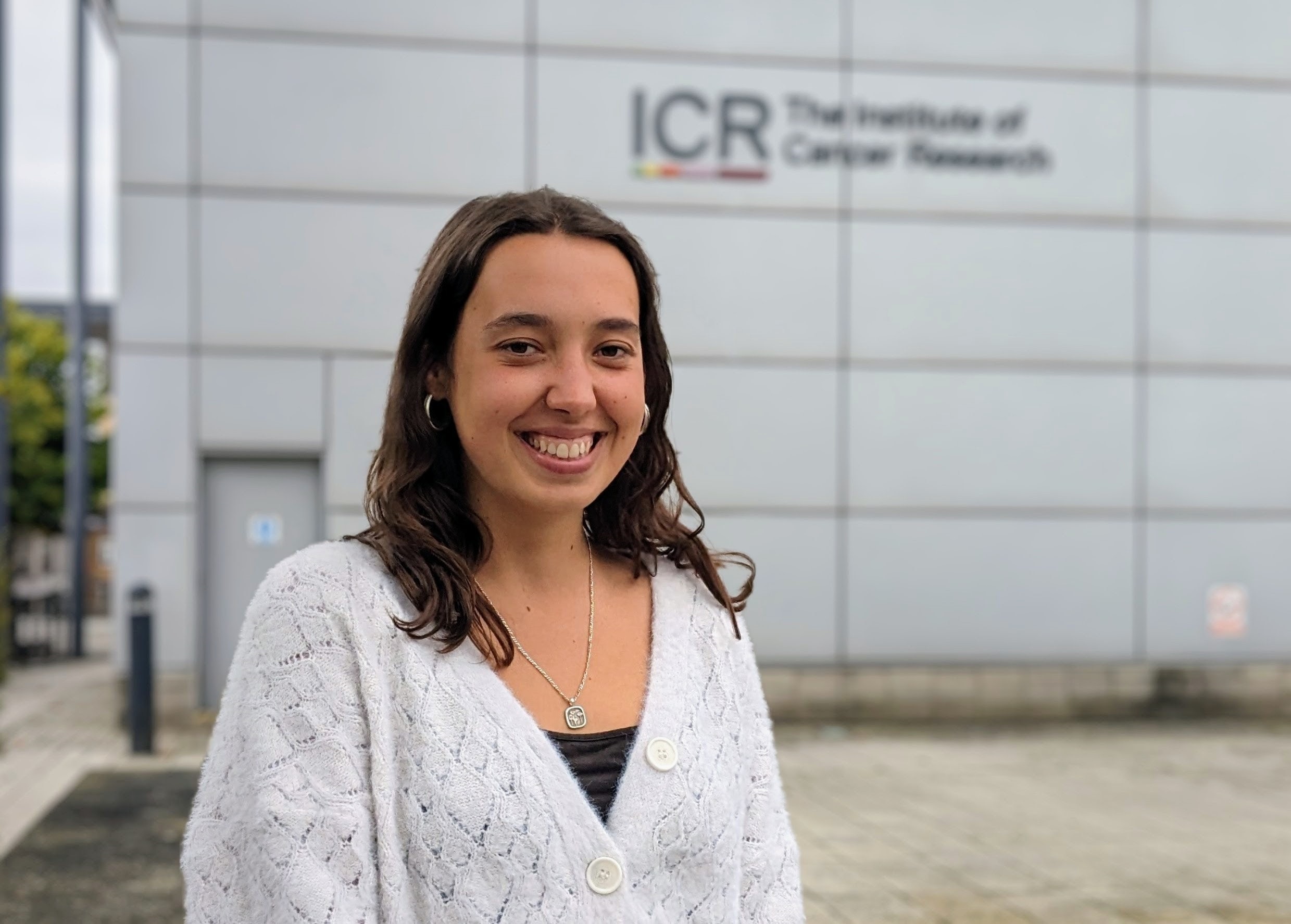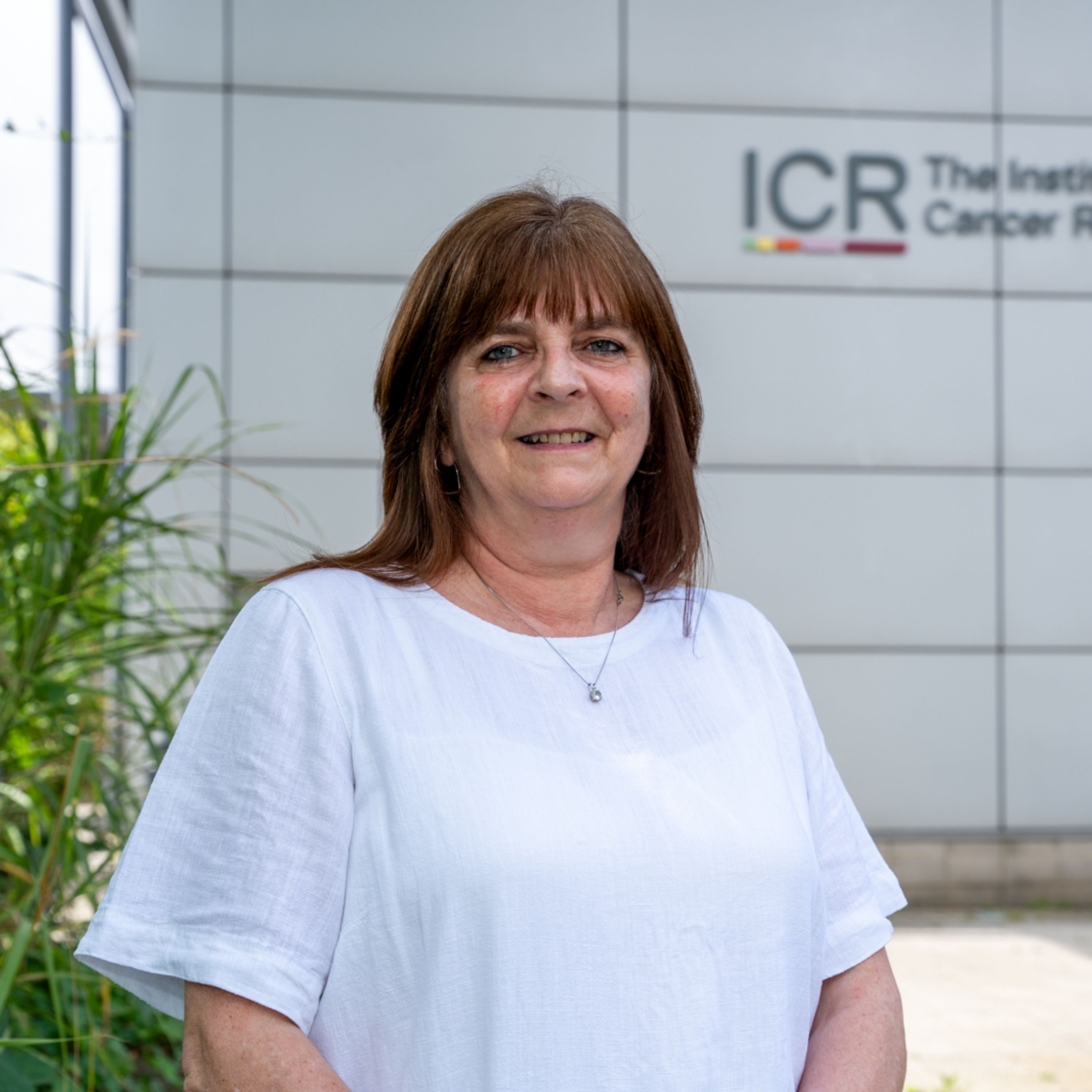
Image: a woman walks her dog.
Regular leisure time physical activity may reduce the risk of breast cancer for women before menopause, according to new research funded by Breast Cancer Now.
The research, published today (Monday 11 December) in the Journal of Clinical Oncology, analysed data from 19 studies from around the world, including the Breast Cancer Now Generations Study. It looked at levels of physical activity and cancer diagnoses amongst 547,000 women who had not gone through menopause.
The women were followed up for an average of 11.5 years, during which time 10,231 were diagnosed with breast cancer before menopause.
More time moving lowers the risk of breast cancer
Researchers at The Institute of Cancer Research, London, ranked the data by the amount of physical activity women reported they did during their leisure time, such as sports, cycling and recreational walking.
The results showed that the most physically active women, those in the top 10% of physical activity levels, were 10% less likely to develop breast cancer before menopause, compared to the least physically active women, defined as those in the bottom 10% of physical activity levels.
Their analysis took into account other breast cancer risk factors and lifestyle behaviours, such as BMI, family history of breast cancer, smoking and alcohol consumption.
The researchers found that there was no specific amount of physical activity that women needed to complete to see benefits, but that the more time they spent doing moderate and vigorous movement outside of work-related physical activity, the lower their risk of breast cancer.
How physical activity lowers breast cancer risk is not fully understood. Previous research suggests that physical activity can lower sex hormones like oestrogen and testosterone, which have previously been linked to increased breast cancer risk.
Physical activity lowers insulin levels and levels of growth hormones that might encourage breast cancer to grow. It also decreases general inflammation which has been associated with cancer development and progression.
'Solid evidence'
Dr Michael Jones, Senior Staff Scientist at The Institute of Cancer Research, London, said: "This new research provides us with solid evidence that greater leisure time physical activity is associated with lower risk of breast cancer in younger women. It's important to remember that breast cancer risk is influenced by several factors – including genetics, lifestyle and environment, and many of these are out of our control.
“Our research adds to the evidence that engagement in higher levels of leisure-time physical activity may lead to reduced premenopausal breast cancer risk. We still need to better understand the biology behind the link between physical activity and reduced breast cancer risk, but these findings add to the strong body of evidence showing that being physically active is good for our health."
Dr Simon Vincent, director of research, support and influencing at Breast Cancer Now, said: “Although breast cancer is more common in older women, 5,000 women aged 45 or younger are given the devastating news that they have breast cancer each year in the UK. Breast cancers in younger women tend to be more aggressive and diagnosed at a later stage, so we urgently need to find new ways to prevent people from developing the disease.
“While we can’t predict who will get breast cancer, there are some things people can do to lower their risk of getting it. This research highlights how vital it is that we support women to start making small, healthy lifestyle changes that can positively impact their health and help lower their risk of breast cancer."
Breast Cancer Now is the research and support charity here for anyone affected by breast cancer. Their Younger Women Together services offer tailored support and the chance to share experiences with other younger women with breast cancer. Call their free helpline on 0808 800 6000 to speak to their expert nurses or find out more at breastcancernow.org.
This research was conducted as part of the Premenopausal Breast Cancer Collaborative Group formed under the auspices of the U.S. National Cancer Institute’s Cohort Consortium. The Premenopausal Breast Cancer Collaborative Group is funded, in part, by the Intramural Research Program of the National Institute of Environmental Health Sciences, a component of the U.S. National Institutes of Health, as well as the Institute of Cancer Research, UK.

 .
.
 .
.
 .
.
 .
.
 .
.
 .
.
 .
.
 .
.